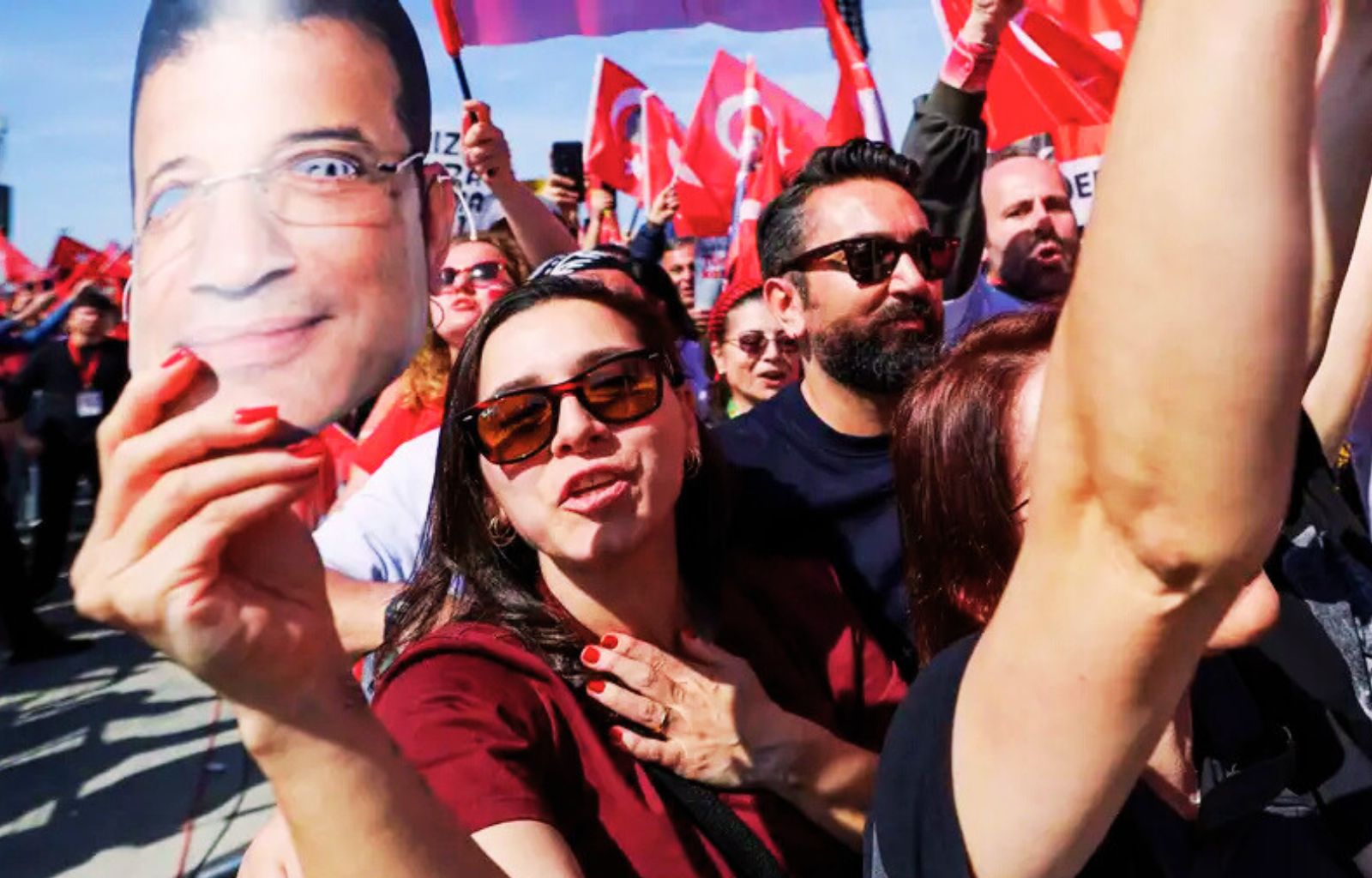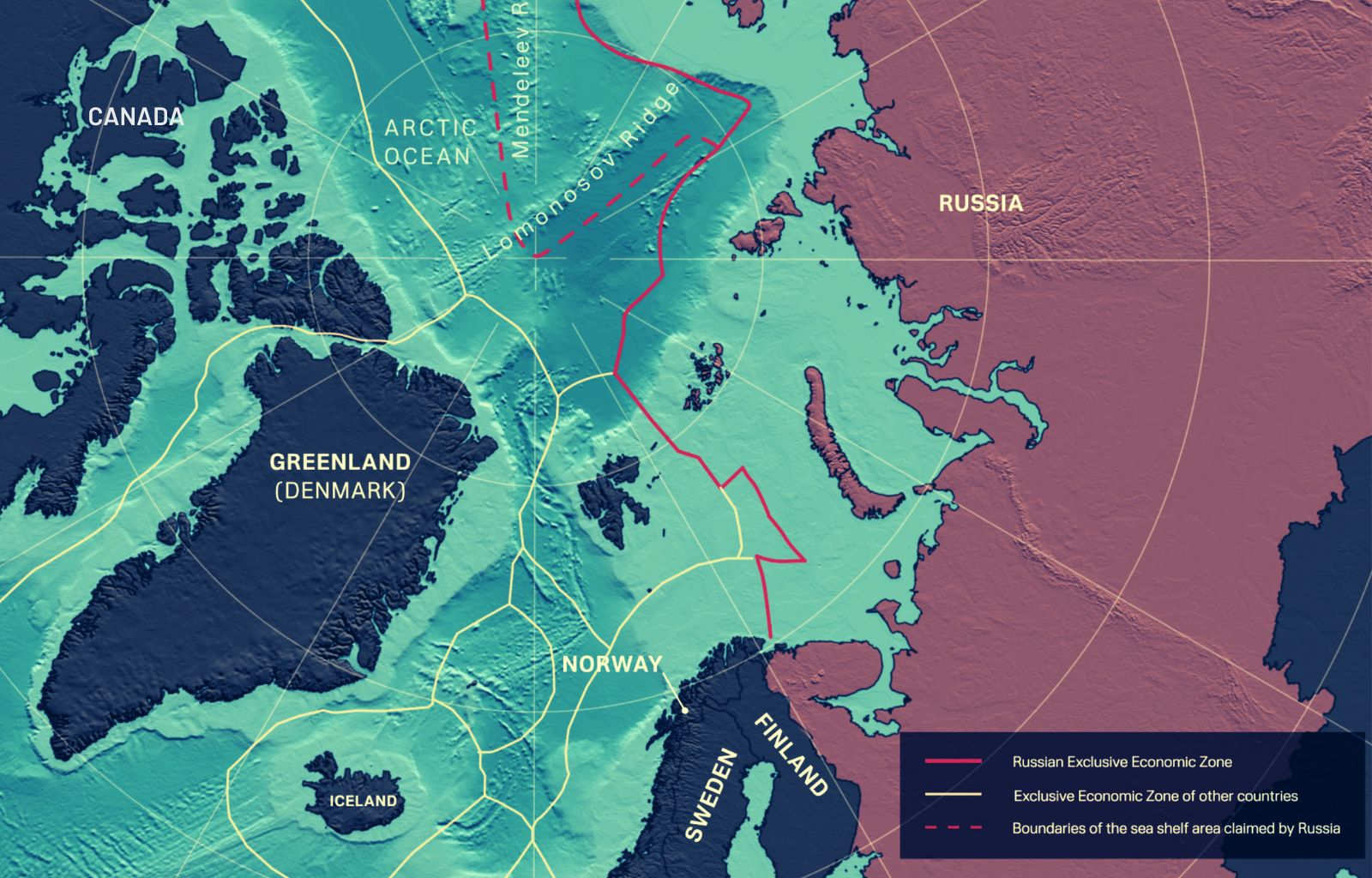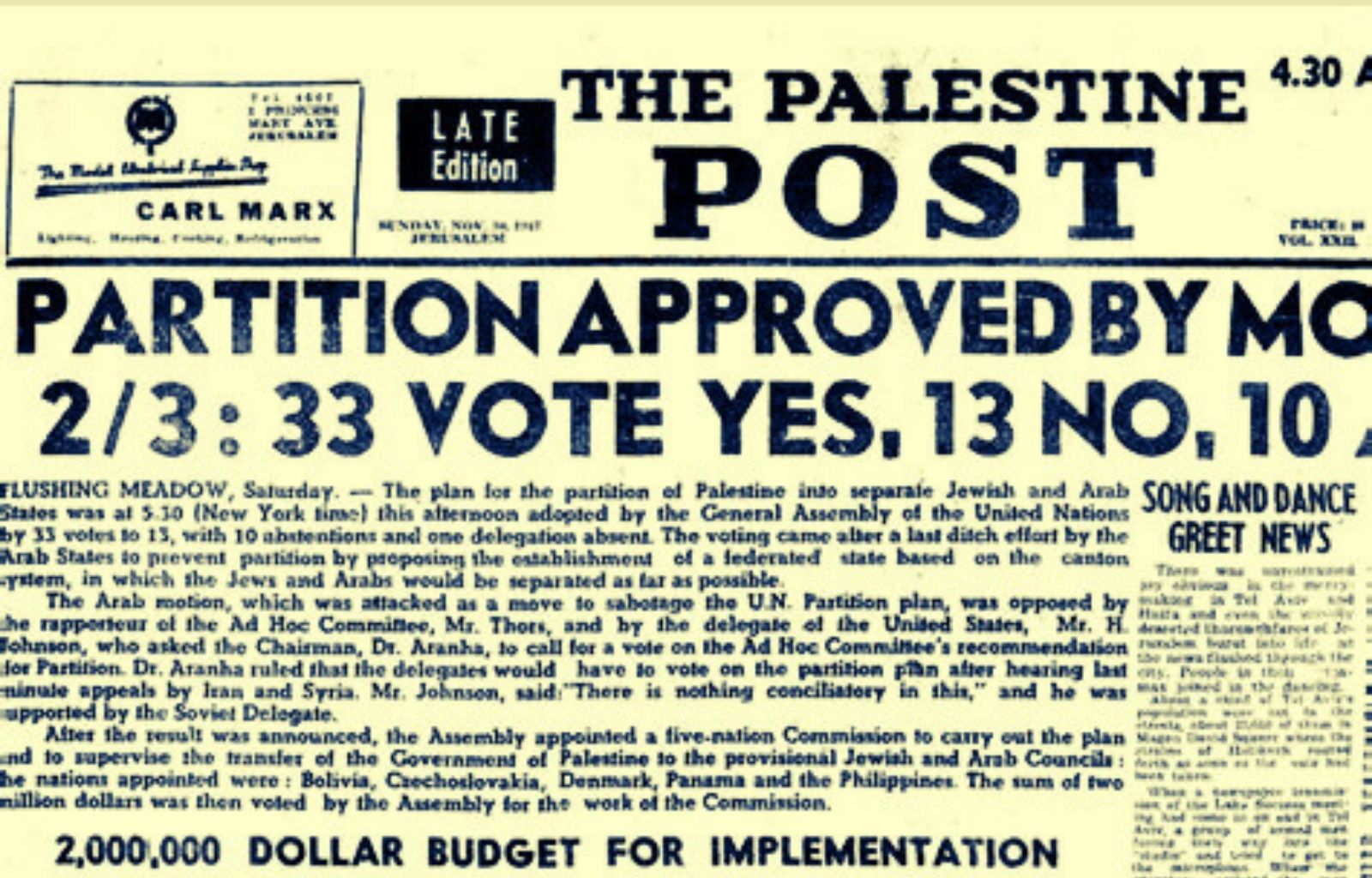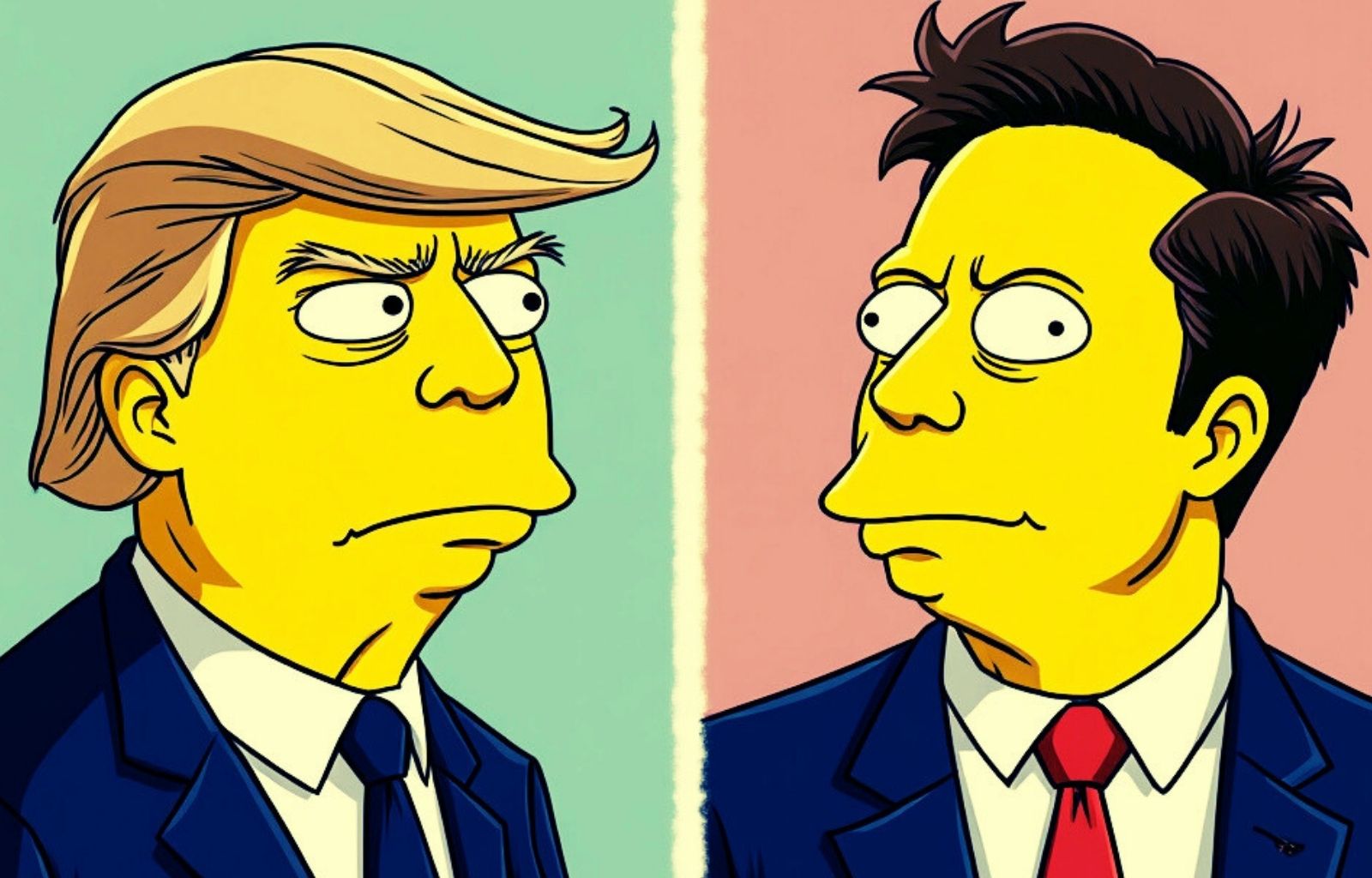Europe be the voice Trump tries to silence
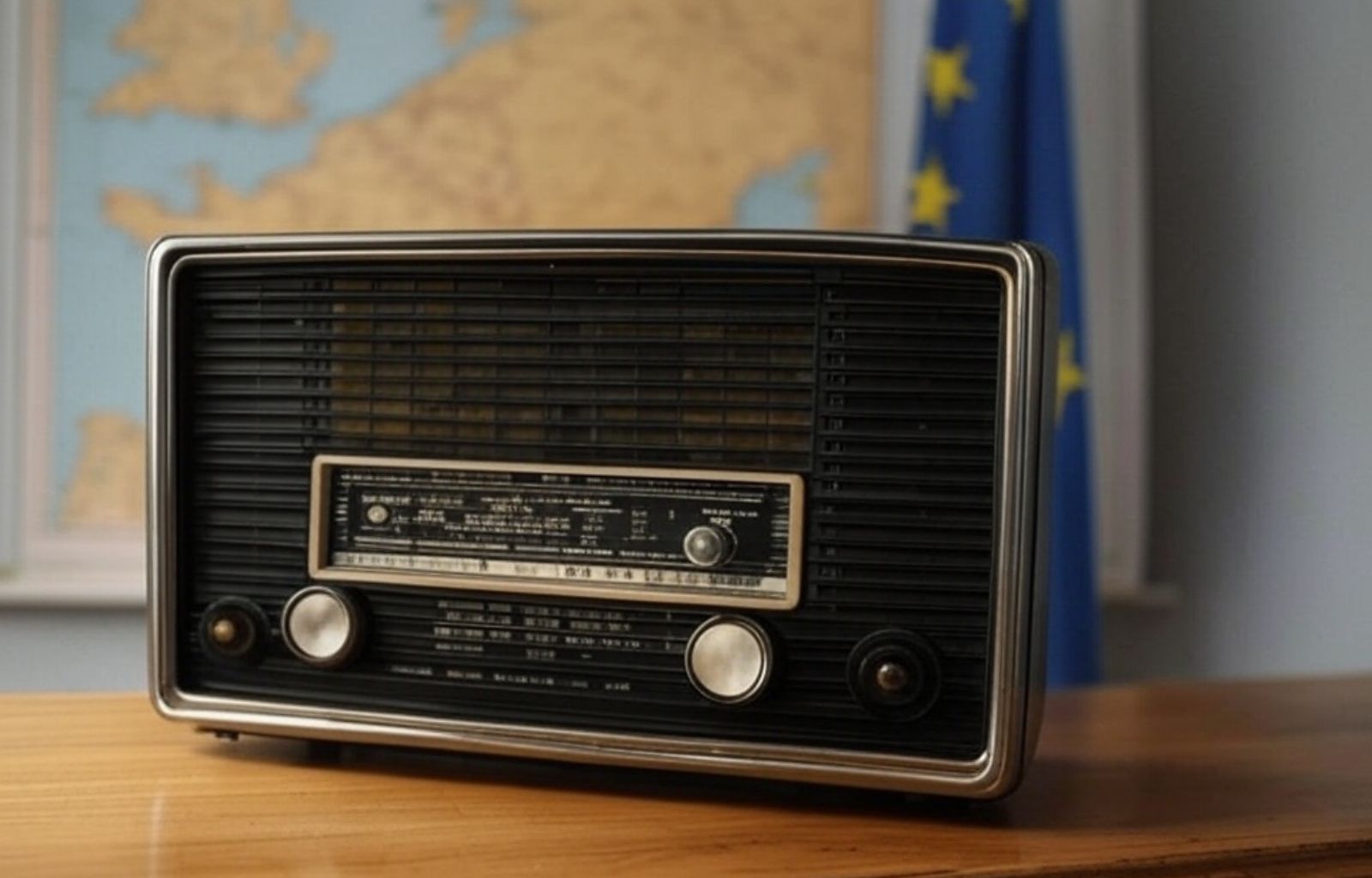
Donald Trump’s recent decision to freeze funding to key media outlets to counter Russian and Chinese information offensives, including Radio Free Asia (RFA), Radio Free Europe/Radio Liberty (RFE/RL) and other international broadcasters, has caused an international stir. These US-funded media outlets were tasked with broadcasting news in countries with authoritarian regimes or little press freedom, providing independent information to populations subject to government censorship. For example, Radio Free Asia (RFA) focused on China, North Korea, Vietnam, Myanmar and other Southeast Asian countries with information restrictions. Radio Free Europe/Radio Liberty (RFE/RL) historically started to broadcast in the countries of the former Soviet bloc and then focused on nations where press freedom was most threatened, such as Russia, Belarus, Iran and Afghanistan.
We are facing a drastic change in American geopolitical strategy, suggesting a gradual disengagement from the instruments of cultural and diplomatic influence. The episode raises a disturbing question: are we witnessing the construction of a new world balance in which the US, China and Russia seek mutual equilibrium even at the cost of sacrificing the concept of ‘just peace’? By now, the North Star is represented by ‘stable peace’ and ‘fact’? Will the famous frictions in the South China Sea be resolved by agreements even at the cost of abandoning historical allies? At the moment, there are no answers, but doubts can be raised.
If the Cold War ended with the victory of the West, the current situation is far more uncertain. Washington seems inclined to withdraw from certain geopolitical scenarios, acting from time to time according to its own contingent interests, leaving room for other players to partition the world.
Everything suggests that Trump wants to redefine the global order by focusing the negotiations on China and Russia, while the European states are considered individually and, moreover, as secondary players. The concept of the European Union is openly opposed by Trump, who has repeatedly expressed his contempt for Brussels, preferring to deal directly with individual national governments rather than with EU institutions. All this in a mad scramble between real or hypothetical tariffs and a distrust of the free market that makes the United States look like a shadow of the power we have always known.
History offers valuable lessons for understanding the present, playing, at least in some respects, a mirror game between the US and China. A century and a half ago, China was in a dramatically different situation. During the Opium Wars, waged by flaunting the principle of the ‘free market’, foreign powers, including (but not limited to) Britain, France, the US and Russia, imposed a series of unequal treaties on China, exploiting their technological advantage and the weakness of the Qing Empire. The consequences were devastating. Suffice it, not to digress, to mention a few: the uncontrolled spread of opium, with 10% of the Chinese population addicted to this drug in 1890 (about 45 million people); the economic impoverishment of the country, forced to pay huge sums of silver as war reparations; the loss of key territories, such as Hong Kong, Kowloon and part of Manchuria, to the foreign imperialist powers.
Today, China, having been forced to suffer the ‘free market’ during the ‘century of humiliation’, claims commercial freedom as a sacred principle, using this leverage to increase its political influence. Ironically, this was also the case with the fentanyl issue: in the face of US duties, China not only denied any responsibility for the spread of this drug, but denounced the move as a violation of the free market.
In the face of all this, Europe cannot afford to remain on the sidelines. The rearmament plan, like the need for the acceleration of greater European integration, must first and foremost serve the purpose of becoming a global player that no one, not even the most hostile enemies, can think of sidelining.
Our role, even after the Trump administration’s move against voices of freedom such as Radio Free Asia, can and must be to play the role of a global super power capable not only of defending its own interests but also as a defender of ‘just peace’ in every global scenario starting with the protection of oppressed minorities, wherever they may be.

